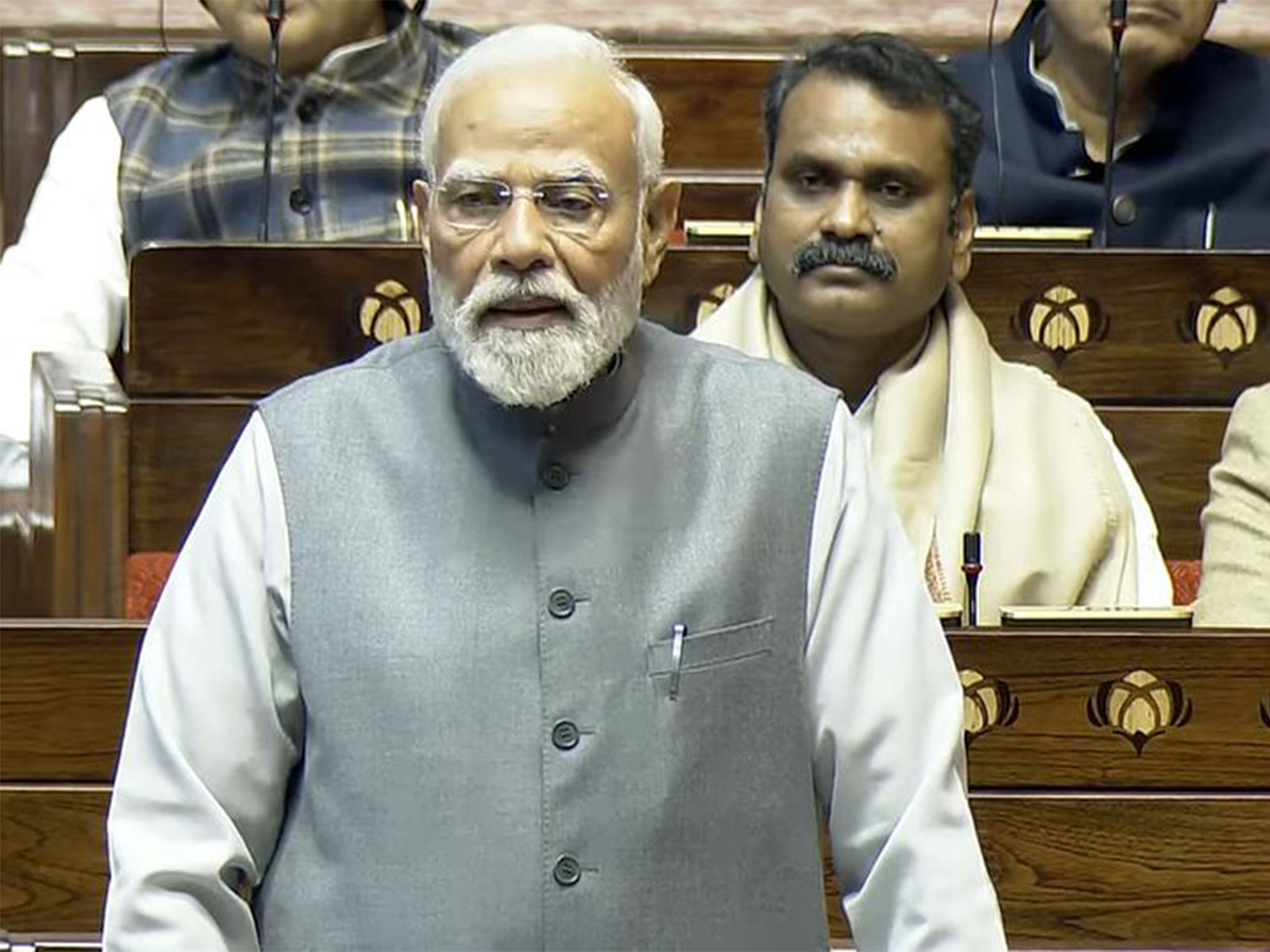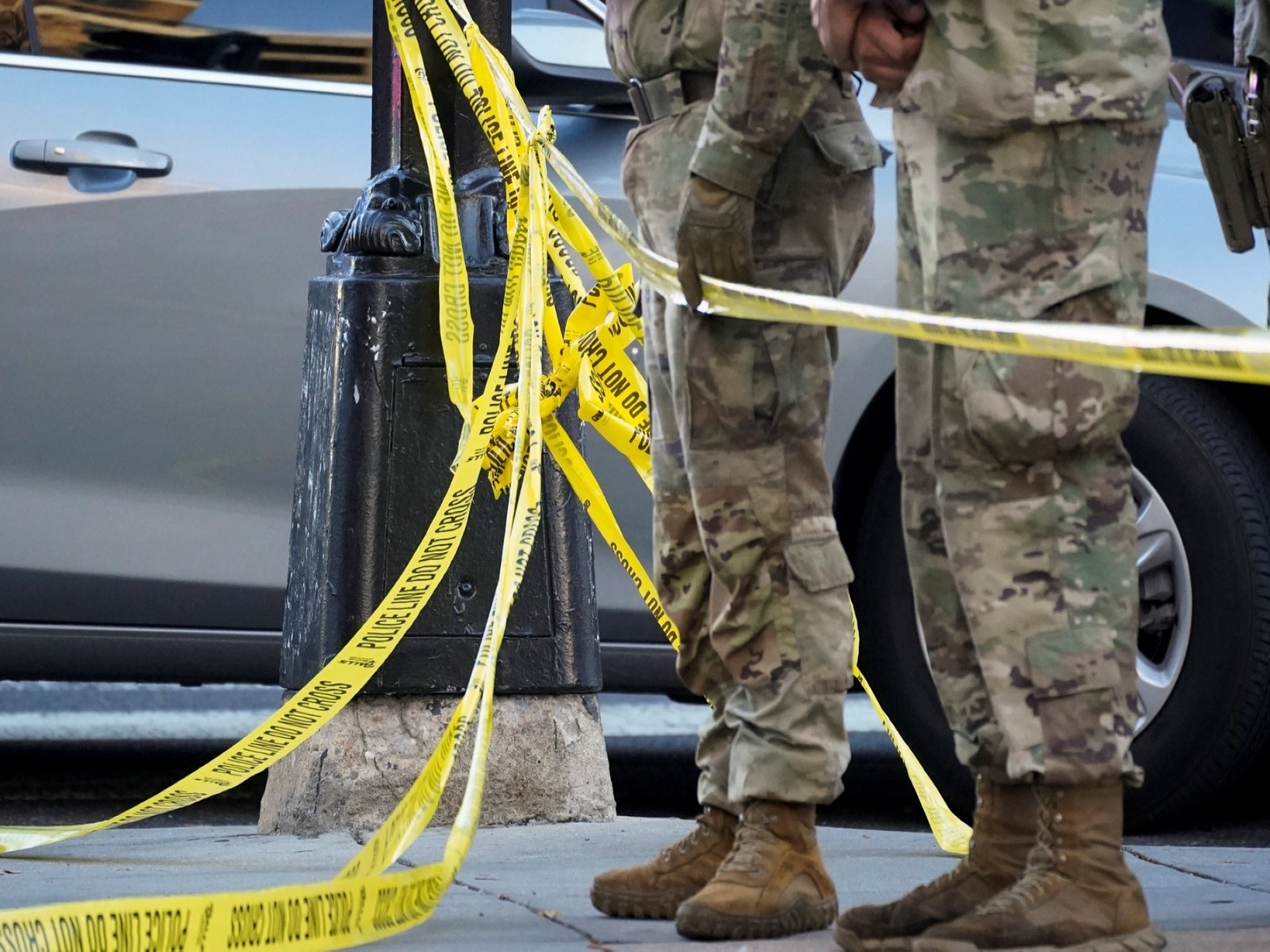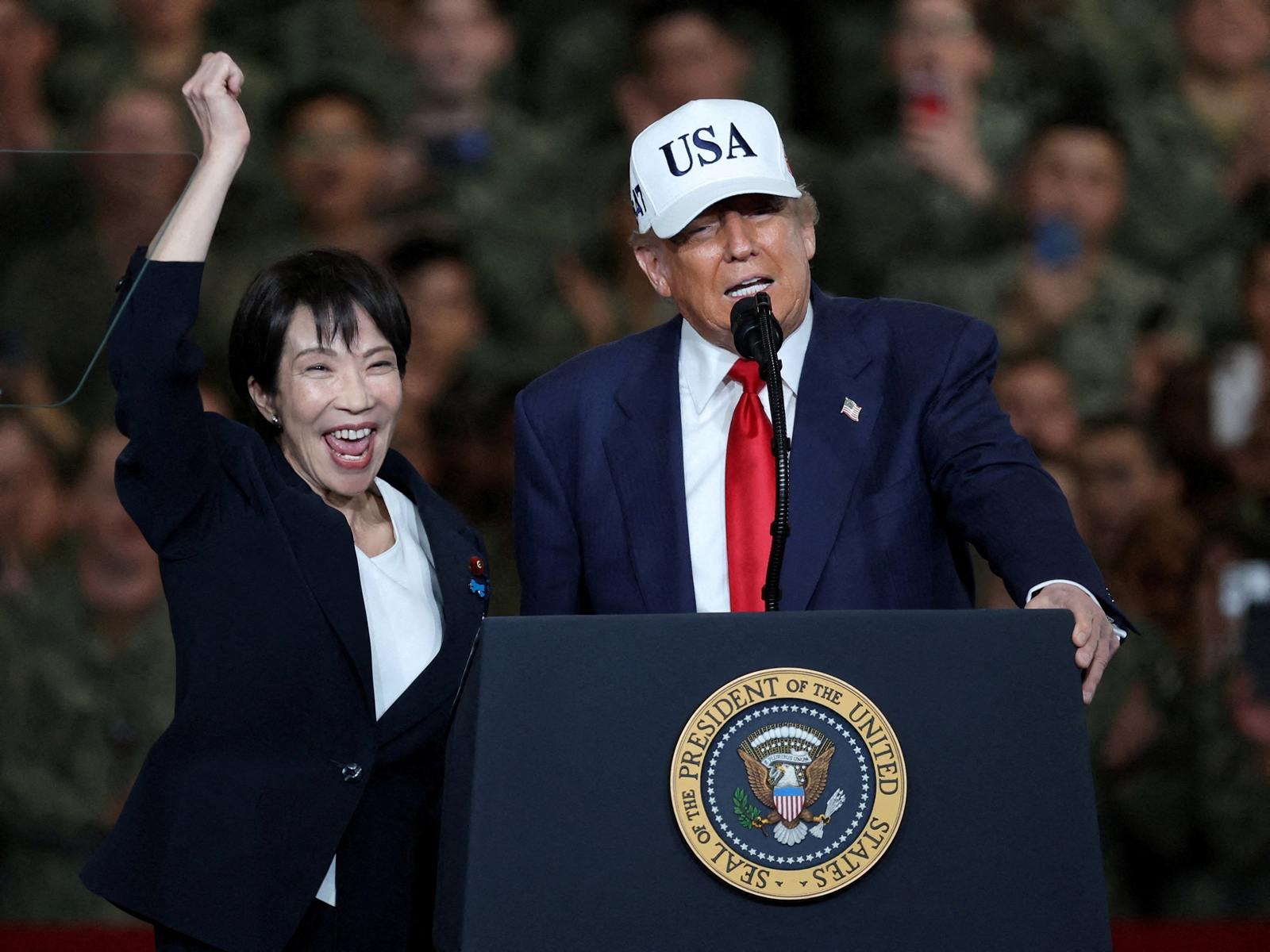Gulberg verdict: revisiting the murky role of SC-appointed SIT

A special sessions court in Ahmedabad Thursday convicted 24 people of carrying out the Gulberg Society massacre in 2002 and acquitted 36. Five other accused had died during the course of the trial while one on the run. The quantum of punishment will be pronounced on 6 June.
This is the only of the nine cases related to the 2002 communal riots in which the Supreme Court had ordered the Gujarat government to re-investigate and in which Narendra Modi, the then chief minister, was examined. He was questioned by the Supreme Court-SIT appointed for over nine hours in March 2010.
Also read - Gulberg: Not just Zakia Jafri, verdict is bad news for other riot victims
The SIT cleared Modi, saying there was no evidence of his involvement in the massacre. It instead blamed Ehsan Jafri, a former Congress MP who was among those killed in Gulberg, claiming he had provoked the mob by firing at them.
Immediately afterwards and since, however, questions have been raised about the "conduct" of the SIT, headed by former CBI director RK Raghavan.
Raju Ramachandran, the amicus curie, opposed the SIT's clean chit to Modi in his report to the Supreme Court, claiming there was enough evidence the now prime minister. The "offences which can be made out against Shri Modi, at this prima facie stage", include promoting enmity between different groups on the grounds of religion and acts prejudicial to maintenance of harmony, he argued. Ramachandran's findings were rejected by the SIT.
In August 2011, Sanjiv Bhatt - a senior officer in the State Intelligence Bureau during the Gujarat riots who claimed to have been at the meeting where Modi allegedly ordered the state machinery to give a free rein to the rioters - leaked emails purportedly showing the Modi government helping the accused in the Gulberg massacre case.
The emails, Bhatt claimed, had been sent and received by Tushar Mehta, the then additional advocate general of Gujarat. The correspondence purportedly showed Mehta was not only preparing affidavits on behalf of the state but the accused as well. Bhatt also alleged that all the affidavits had been vetted by the Chief Minister's Office as well as Swaminathan Gurumurthy, the Sangh ideologue who was advising the accused. Gurumurthy had denied any email exchange with Mehta.
The Supreme Court, however, dismissed these allegations of a nexus. It said: "It was submitted that certain replies etc which were to be filed in court were shown to Mr G Swaminathan who was completely outsider to the litigation. In our opinion merely taking somebody's opinion who is outsider to litigation before filing the reply in the court would not undermine the administration of justice in any way and is not indicative of criminal conspiracy. There are knowledgeable incumbents who can always be consulted and their opinion obtained. There is nothing improper in it."
Also read - Gulberg Society massacre: records show how top cops steered clear
The court also questioned why Bhatt took nine years to reveal that he had attended the meeting at the chief minister's residence in 2002.
In 2010, the SIT's special public prosecutor RK Shah and additional public prosecutor Nayana B Bhatt resigned citing issues with how the prosecution was being handled. In his letter to Raghavan, Shah pointed out that the SIT's investigating officer James Suthar had "misplaced grievances" against them. He then told the media that Suthar "was not cooperating" with them. In the wake of Shah's resignation, the Supreme Court stayed the trial. But then, in 2014, found the progress of the trial satisfactory.
In the meantime, Citizens for Justice and Peace, an activists' group seeking justice for victims of the 2002 carnage, also pointed out issues with the SIT's findings. For one, a note on CJP's website asks why the SIT did not look into phone calls made by Jafri for help despite witnesses confirming it. The SIT just told the court that the call records had been destroyed without bothering to find out who destroyed them.
The CJP note also alleges that the SIT did not produce the log books or the station diary of Meghaninagar police station which would have shed light on the deployment of police during the time of the Gulberg massacre.
More in Catch - Gulberg massacre: revisiting the horror
'Bless us, Abba!' says Ehsan Jafri's daughter
First published: 2 June 2016, 9:16 IST





![BJP's Kapil Mishra recreates Shankar Mahadevan’s ‘Breathless’ song to highlight Delhi pollution [WATCH] BJP's Kapil Mishra recreates Shankar Mahadevan’s ‘Breathless’ song to highlight Delhi pollution [WATCH]](https://images.catchnews.com/upload/2022/11/03/kapil-mishra_240884_300x172.png)

![Anupam Kher shares pictures of his toned body on 67th birthday [MUST SEE] Anupam Kher shares pictures of his toned body on 67th birthday [MUST SEE]](https://images.catchnews.com/upload/2022/03/07/Anupam_kher_231145_300x172.jpg)






